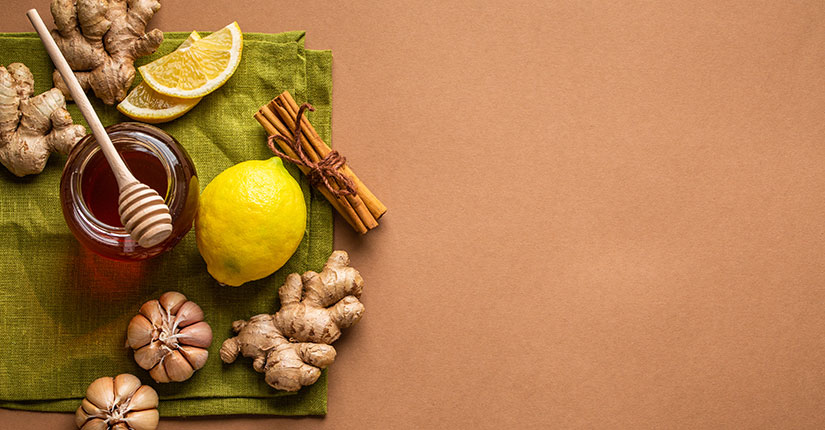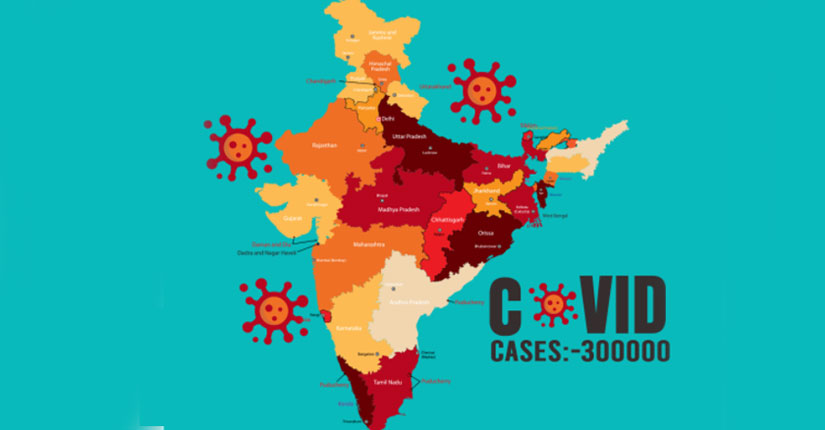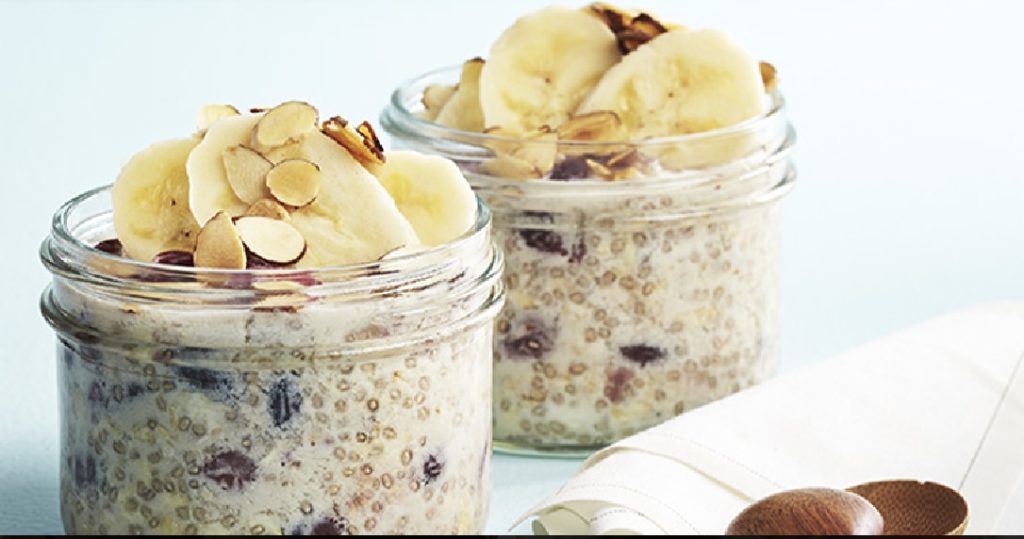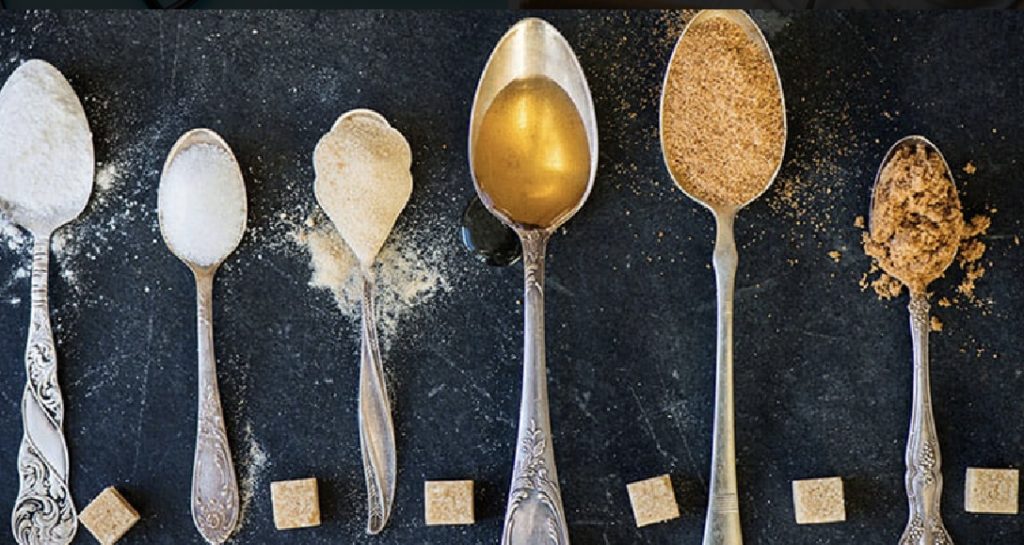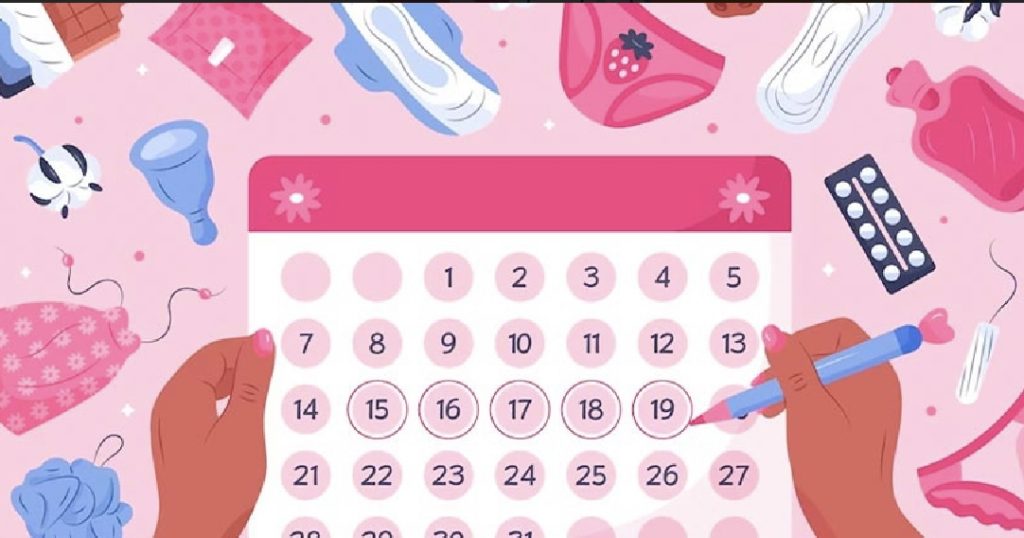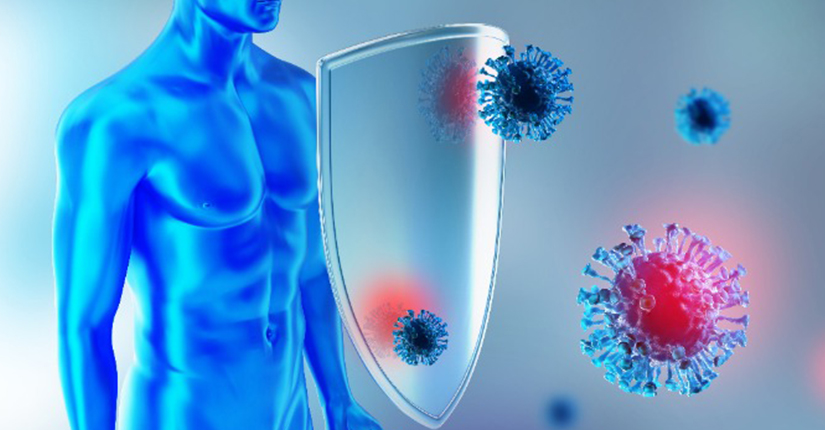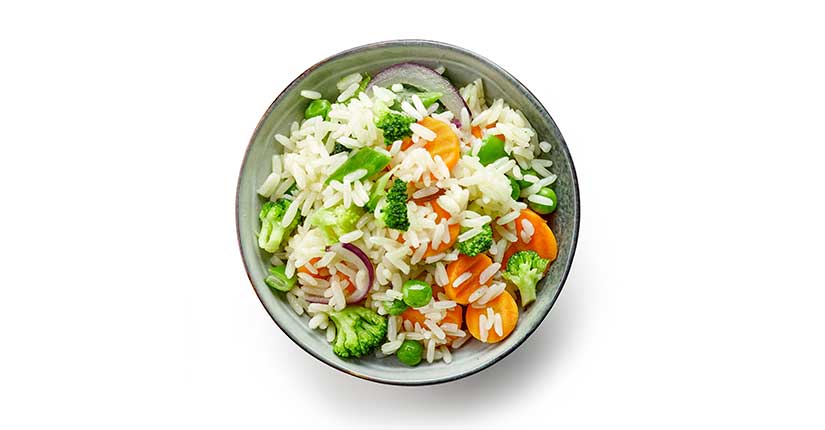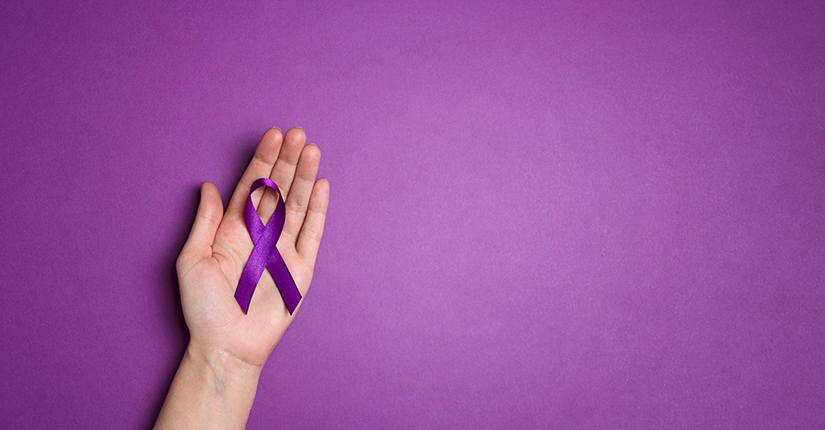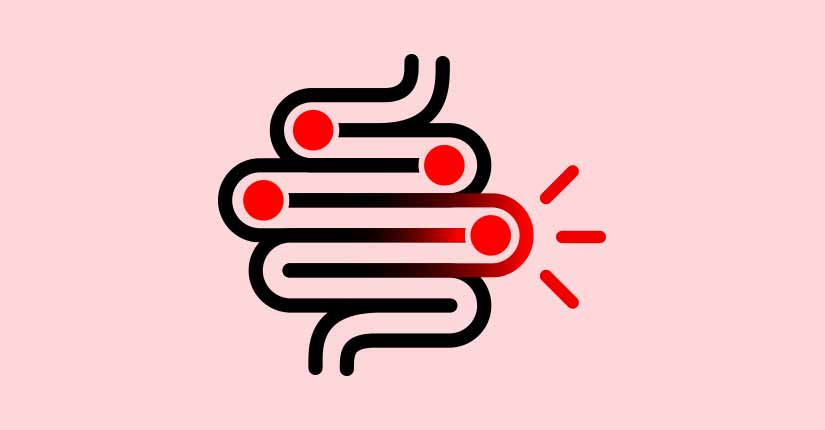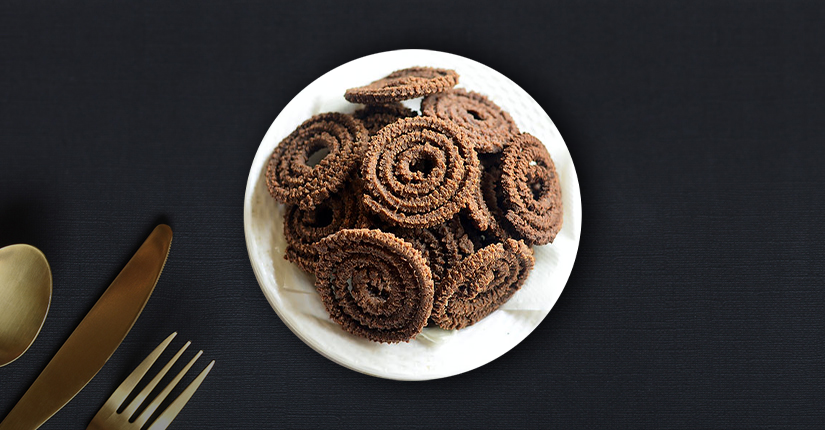Washing Hands Frequently to Prevent Coronavirus? Here’s How to Keep them Moisturized
By Nmami Life Editorial 09-Apr 2020 Reading Time: 4 Mins
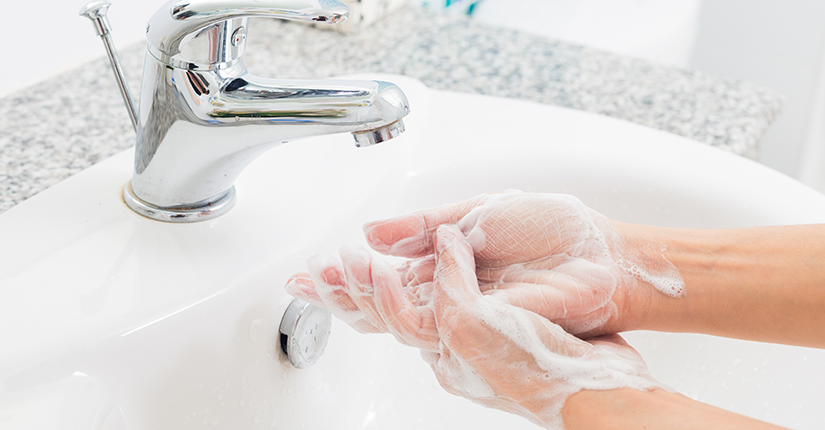
In this unprecedented era of handwashing, your hands might have become virus free but also a little dry. While washing hands is a routine which we advise you to not leave. Wash your hands when you cough, when you sneeze, before you eat, after you eat and any time you touch your mouth or nose. Just make sure you keep washing them. However, you may also feel that using soap and hand sanitister more often leaves your skin feeling dry and irritated.
Here are a few ways which could help you:
Using a hand cream in every two hours could be helpful. Lotions are often sold in pump bottles or tube packs, it’s has a lighter touch and is quickly absorbed into the skin without leaving your hands feeling greasy or sticky. Creams are sold in jars, creams are heavier and greasier and tend to last longer on the skin, and might make your hands sticky or slippery.
The soap and alcohol disinfectants are essential and cannot be avoided. But if the skin is chapped and broken, it’s uncomfortable, and people can be less likely to wash their hands to prevent transmission of germs and infection.
Selecting a mild soap or sanitizer can help. Choose one with an emollient and avoid perfumes and dyes, as they can further irritate skin. Soaps and sanitizers with moisturizers can cause less dryness.
Moisturizing locks in existing moisture, so the ideal time to apply them is after washing, when the skin is hydrated. Another good time is bedtime, put on some good- quality and effective moisturizer.
The Center for Disease Control and Prevention recommends washing your hands frequently, especially after using the bathroom, before eating and after blowing your nose, coughing or sneezing. You should spend 20 seconds to lather up the parts of the hands that are often overlooked — the back of the palm, between the fingers, the thumbs, the tips of fingers and under the nails. Cutting your nails is also recommended. After washing, make sure you dry your hands thoroughly.
Keeping hands in good condition is especially significant for health-care workers, or those having kids, elderly or pregnant women at home. Those who don’t wash their hands frequently and are in contact of possible coronavirus patients are at a greater risk of spreading infections. Sharing lotion bottles in health-care settings should be avoided as it increases the risk of spreading virus to patients and others.
Over to you
Please don’t stop washing hands or following the hygiene regime. We all need to follow the guidelines but dermatologists say it’s important to moisturise too.


